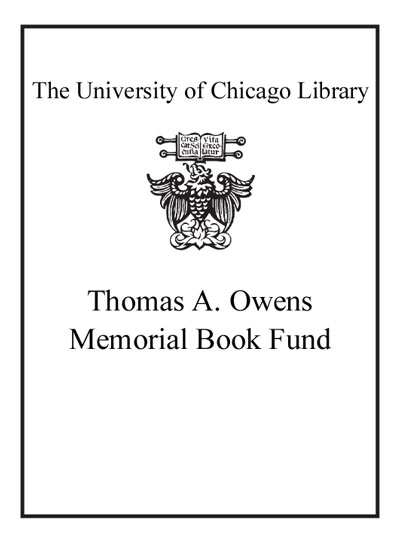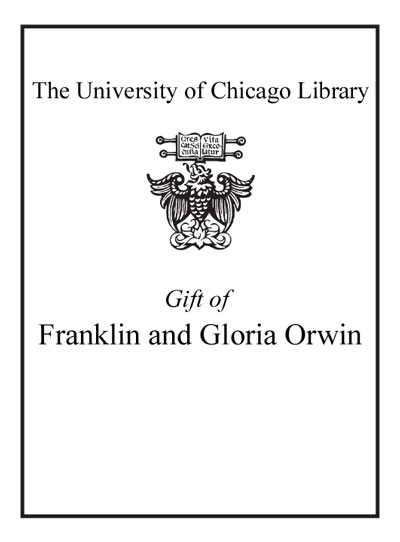Review by Choice Review
Machan (Chapman Univ.; emer., Auburn Univ.) has written this book in a breezy, polemical, and personal style. He begins by criticizing those (very few) animal rights advocates who equate human and animal value. He ends by defending private property as the best policy for promoting the protection of the environment. The book is not scholarly, and Machan offers no original arguments here. It would be a useful tool for the reader who wants some help in attacking animal rights extremists, but it does not belong in an academic library. ^BSumming Up: Optional. General readers only. S. H. Webb Wabash College
Copyright American Library Association, used with permission.
Review by Publisher's Weekly Review
This cranky manifesto opposes the excesses of animal-rights ideologues with an equally doctrinaire libertarianism. Countering animal-rights stalwarts like Tom Regan and Peter Singer, philosophy professor Machan contends that, as the only beings with the capacity for moral choice, only humans can have rights; "wondrous humanity" should therefore stop worrying about "speciesism" and enjoy guilt-free dominion. Machan scores some points on the concept of animal rights (what framework, he wonders, can encompass the rights of both zebras and the lions who feed on them?), but the link to his laissez-faire politics is murky, and his "private property rights approach to managing environmental problems" seems highly inadequate. Shrugging that he is "not sure" about anti-cruelty laws, he hardly mentions industrial livestock rearing or the other institutionalized abuses of animals that have fueled the animal-rights movement. Larger problems like pollution and ecological degradation are a "tragedy of the commons" best handled by privatization of the public realm and perhaps lots of litigation; private landowners, he assumes, will be faithful stewards of their earth, while polluters will answer in court to those whose property or bodies have been damaged by them. Since Machan doesn't explain how to privatize the upper atmosphere, he allows that there may be a problem with ozone depletion, but he's satisfied to wait for more research. In Machan's exuberant call for individuals to do as they please with their animals, their land and their SUVs, the rights of property seem to overshadow those of humans, let alone animals. (Apr.) Copyright 2004 Reed Business Information.
Review by Choice Review
Review by Publisher's Weekly Review


